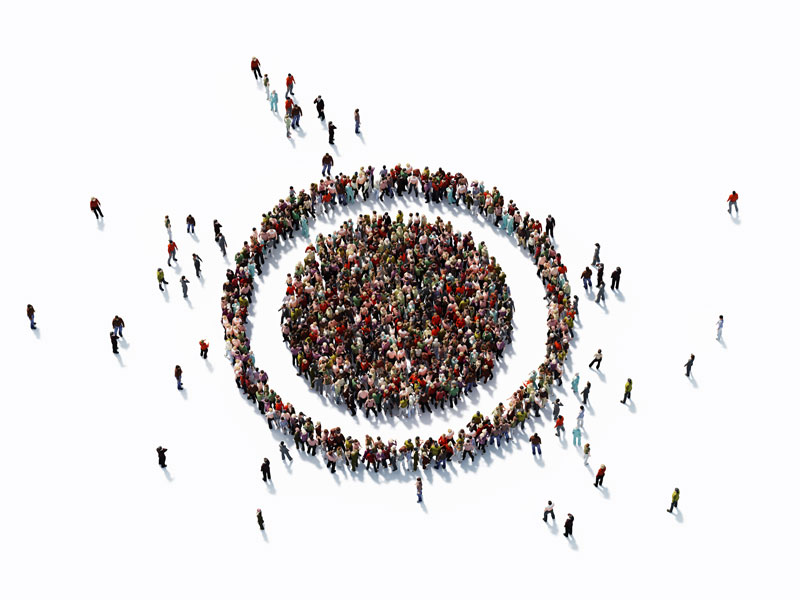Herd immunity allows a community to protect more vulnerable people from a disease like COVID-19.
As it applies to our current battle with the pandemic, the availability of vaccines is moving us closer to that level of safety. Finishing the job, though, is going to continue to require widespread vaccination.
The term “herd immunity” has a long history. Sometime in the not-too-distant future that history will include slowing down COVID-19 to the extent that people can return to normal lives.
To summarize, herd immunity means that enough people have gained immunity, via receiving the vaccine or prior infection, to act as an effective barrier in protecting those who are not immune.
Schedule your vaccination: COVID-19 vaccines at Sanford Health
“This vaccine stops that chain of transmission in its tracks so the virus doesn’t travel through you to get to somebody else,” said Sanford Health chief physician Jeremy Cauwels, M.D. “In my opinion, this is the most important part about what this means to those who would say otherwise, ‘I probably don’t need the vaccine. I’m going to be fine.’
“Whether or not you’re personally excited, this is the way to protect you and the ones you love. It’s the best option we have right now so we don’t repeat what happened this year.”
Hearteningly, helping establish herd immunity is a history book full of success stories.
Herd immunity tackled measles
For instance, an estimated 3 to 4 million people were infected by measles annually in the United States alone in the 1950s. Because of herd immunity established by widespread vaccination, however, it was largely gone by the 1970s.
“Let’s say somebody gets the measles and they’re playing on the playground,” said Avish Nagpal, M.D., an infectious disease specialist at Sanford Health in Fargo, North Dakota. “If the other kids are immune, you break the chain of transmission because the person with the measles can’t pass it on.”
That immunity can come naturally. But the process can be accelerated considerably – with countless lives saved in the meantime – by taking an approved vaccine.
“The more people that get the vaccine, the sooner we get herd immunity, reduce illness, hospitalizations and death,” said Dr. Noe Mateo, Sanford Health infectious disease specialist in Bismarck, North Dakota. “Herd immunity is achieved when enough people have protection against this virus. Getting a vaccine is the best and safest way to get this pandemic under control.”
That will involve active cooperation from those who have not yet received the vaccine. Estimates vary on the percentage of immune people needed to establish herd immunity for this virus, but there is no debate on how best to get there. When it’s your turn to get a shot, get one.
“This will be over because of a really successful vaccination campaign,” said Dr. Greg Johnson, chief medical officer for the Good Samaritan Society. “My encouragement, then, to those people on the fence is that doing nothing is going to get us where we’ve gotten so far. We’re looking for a way forward and we know other people are, too. I think we need to do this for our friends, family and ourselves and our loved ones.”
Information in this story was accurate when it was posted. As the COVID-19 pandemic changes, scientific understanding and guidelines may have changed since the original publication date.
Learn more
- Vaccines are bringing greater protection, more freedom
- Majority of residents have received COVID-19 vaccine
- Sanford to require COVID-19 vaccine for employees
…
Posted In Bismarck, COVID-19, Fargo, Immunizations
